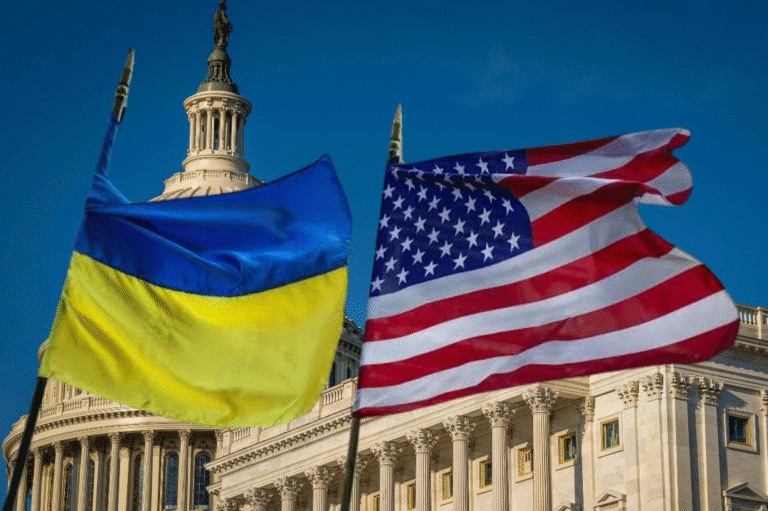China Ends Two-Year Ban on Japanese Seafood After Fukushima Water Release
In a significant move for regional trade and diplomacy, China ends two-year ban on Japanese seafood imports. The controversial discharge of treated radioactive water from Japan’s Fukushima nuclear plant. June 26, 2025, marks a turning point in China-Japan relations and reflects a broader attempt to normalize economic engagement in East Asia after years of heightened tension.
Fukushima Water Release Sparks Global Concern
Japan began releasing treated radioactive water from the crippled Fukushima Daiichi nuclear plant into the Pacific Ocean in August 2023. This action led to the initial imposition of a ban. Despite assurances from the International Atomic Energy Agency (IAEA) that the discharge met international safety standards, China vehemently opposed the move. China labeled the act as “irresponsible” and “harmful to global marine ecosystems.”
The Chinese government suspended all seafood imports from Japan due to food safety concerns. This significantly disrupted Japanese fisheries and seafood exporters. As reported by Nikkei Asia, Japanese seafood exports to China plummeted by over 70% in 2023 alone.
China Ends Two-Year Ban on Japanese Seafood
China has lifted its ban after months of diplomatic negotiations and the implementation of enhanced monitoring systems. Japan agreed to allow Chinese inspectors to observe the water treatment process at Fukushima and provided detailed reports on radiation levels in exported seafood.
China’s General Administration of Customs has issued a statement affirming that, after thorough inspections and the implementation of transparent reporting mechanisms, the agency is now satisfied with the safety of Japanese seafood products. Consequently, China will resume import operations immediately.
Japanese officials responded with cautious optimism to this announcement. Foreign Minister Yoko Kamikawa expressed approval, viewing it as a positive step towards strengthening bilateral trade and trust with China.
U.S. Supreme Court Upholds Injunction Law Shift Amid Iran-U.S. Tensions
Boost for Japan’s Seafood Industry
The lifting of the ban is expected to provide a much-needed boost to Japan’s struggling seafood industry. China was previously Japan’s largest seafood export market, accounting for nearly 25% of total exports before the ban.
Exporters from Hokkaido, Fukushima, and Miyagi prefectures, renowned for producing high-quality scallops, sea cucumbers, and mackerel, have begun preparations to resume trade. According to Japan’s Ministry of Agriculture, Forestry and Fisheries, the industry is expected to recover over $600 million in lost annual revenue.
Seafood markets across Asia responded positively. Prices of Japanese seafood experienced a surge on Tokyo’s Tsukiji exchange. Additionally, major Chinese supermarket chains such as Hema and Carrefour announced plans to restock Japanese products by early July.
Diplomatic Significance: A Thaw in China-Japan Relations?
Beyond trade, China’s decision to lift the seafood ban signifies a softening in its diplomatic ties with Japan. These ties have been strained due to territorial disputes and Japan’s military alignment with the United States. Analysts interpret this move as a gesture of goodwill, aimed at enhancing regional stability and fostering economic cooperation amidst global uncertainty.
Dr. Lin Mei, a senior fellow at the China Institute of International Relations, explained to Reuters that China’s actions are not merely economic but also symbolic. These actions signal China’s willingness to de-escalate tensions and return to pragmatic diplomacy with Japan.
The announcement coincides with both countries’ preparations for the East Asia Summit later this year, which will focus on trade, maritime security, and environmental cooperation.
Environmental and Public Reactions
While governments and businesses have welcomed the decision, some environmental activists in both countries remain skeptical. Advocacy groups like Greenpeace East Asia have expressed concerns about the long-term effects of the Fukushima water release on marine life and consumer health.
Despite the concerns raised, the International Atomic Energy Agency (IAEA) remains steadfast in its findings, affirming that radiation levels in Japanese seafood continue to be “well below international safety limits.” In response, independent Japanese testing agencies have intensified their monitoring efforts, providing real-time data to assuage consumer concerns.
Conclusion
China’s lifting of the two-year ban on Japanese seafood imports signifies a pivotal moment for both economies. It reflects a broader geopolitical shift toward rebuilding trust and trade in East Asia. With environmental safeguards in place and bilateral cooperation on the rise, this development could pave the way for deeper collaboration between two of the region’s most influential powers.
As global seafood markets adapt and regional diplomacy cautiously improves, the world will closely observe whether this thaw transcends trade and encompasses other strategic areas of cooperation.






